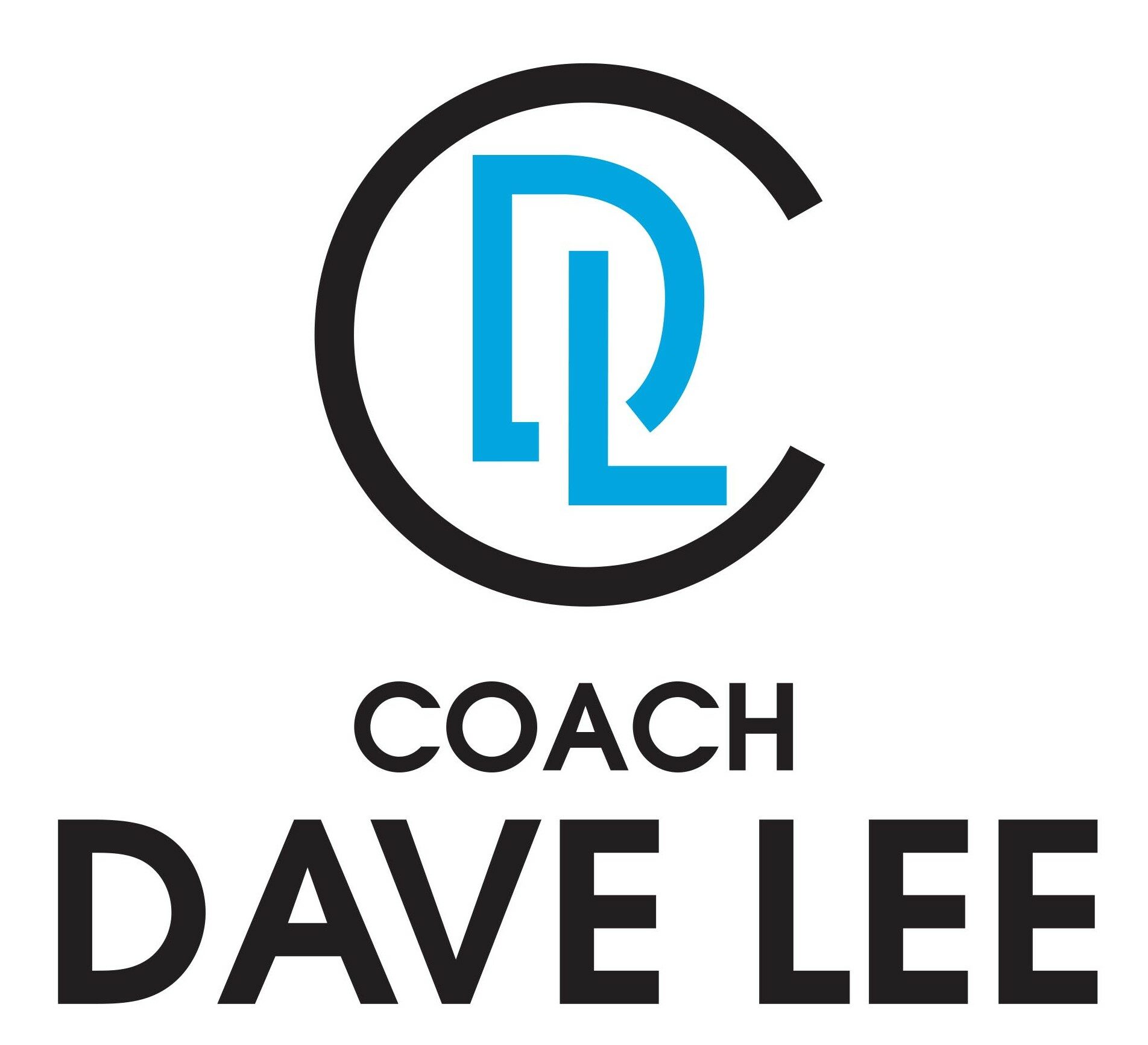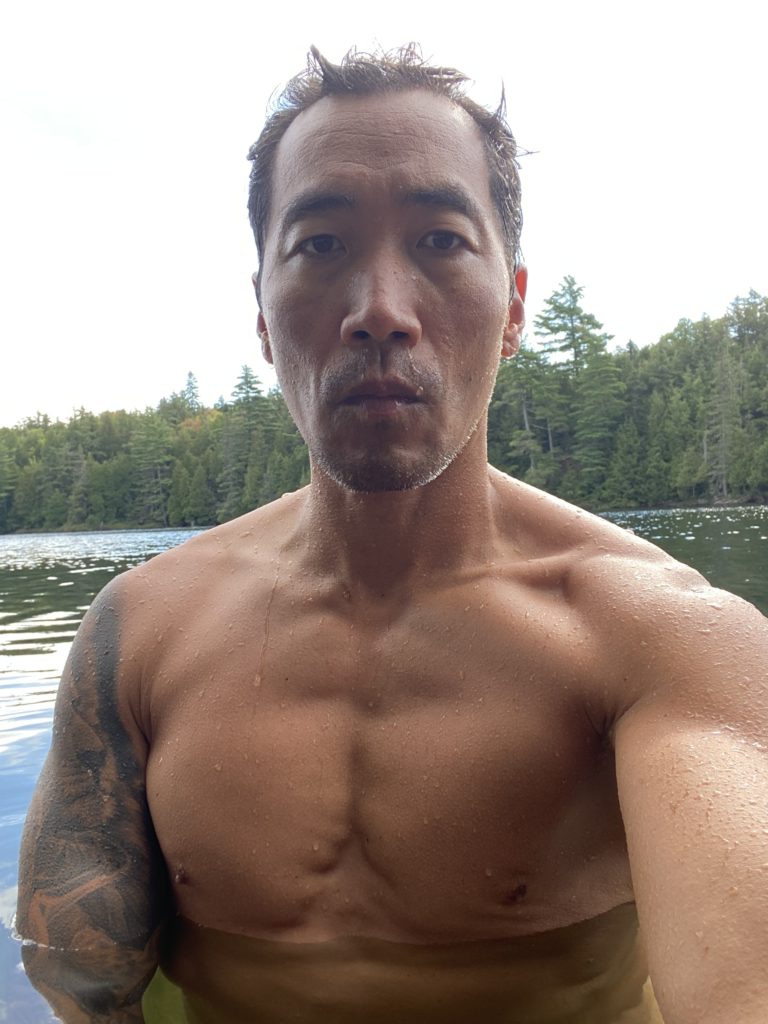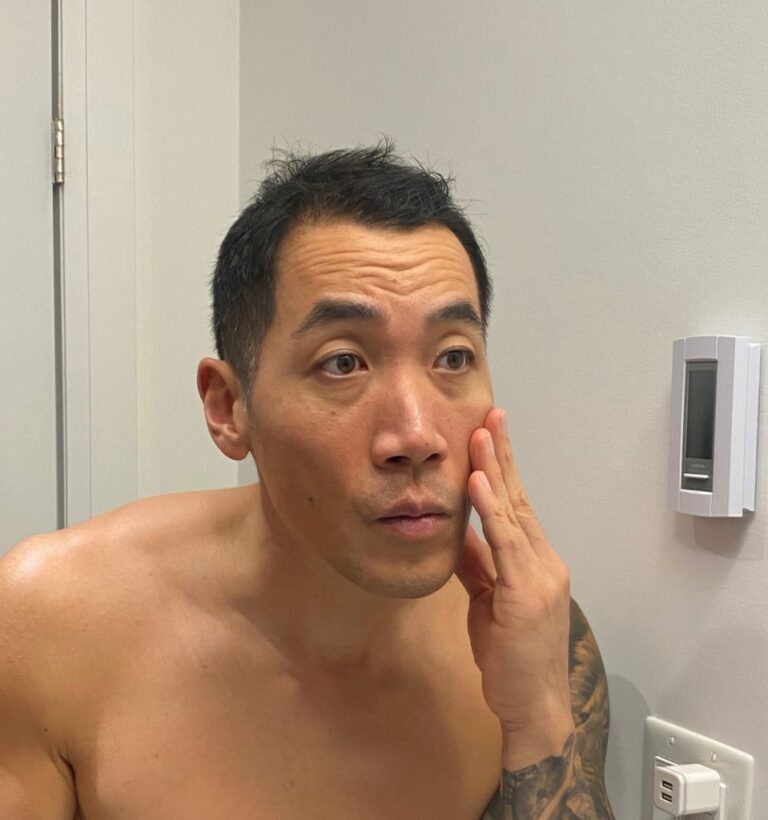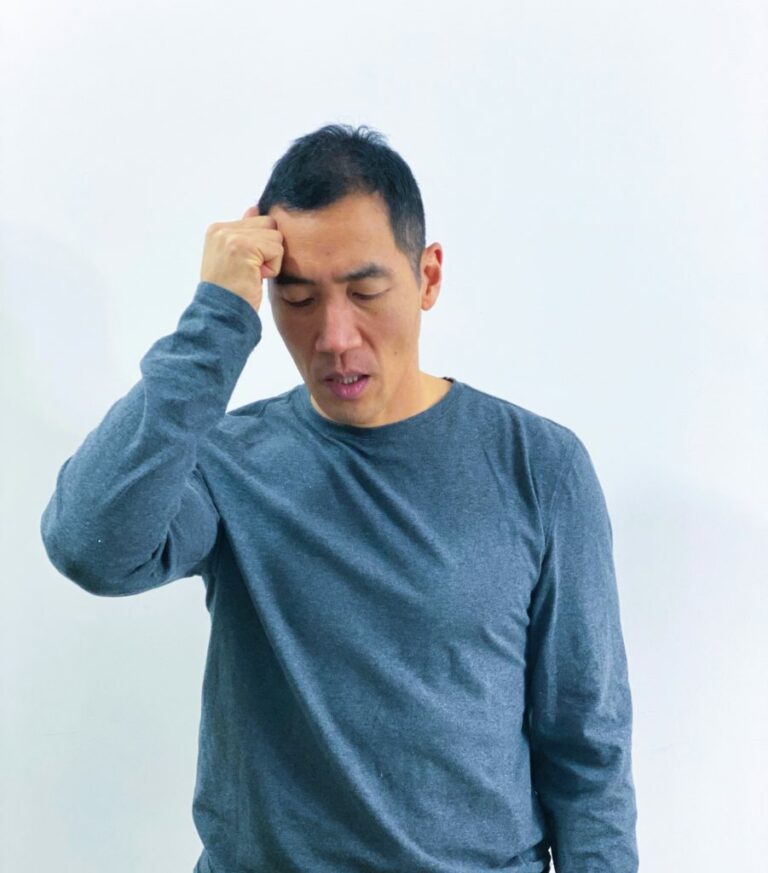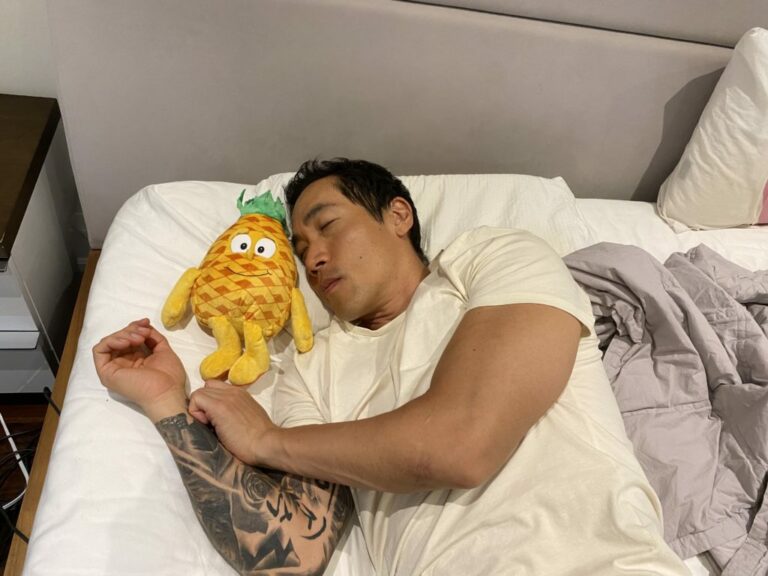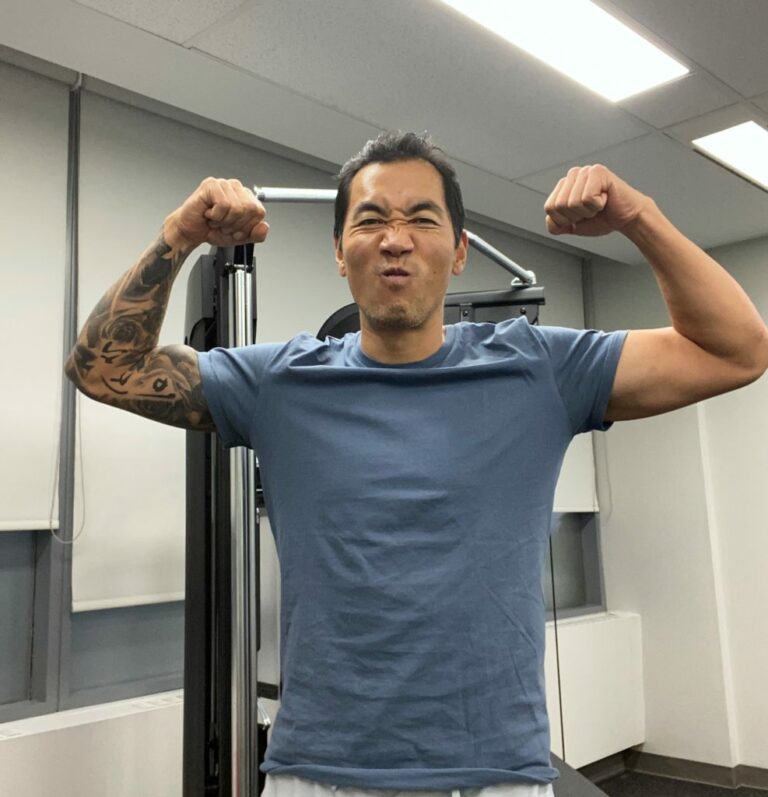Sleep or Die! My top 13 ways to sleep better. Part 1 of 6: Food and Drinks
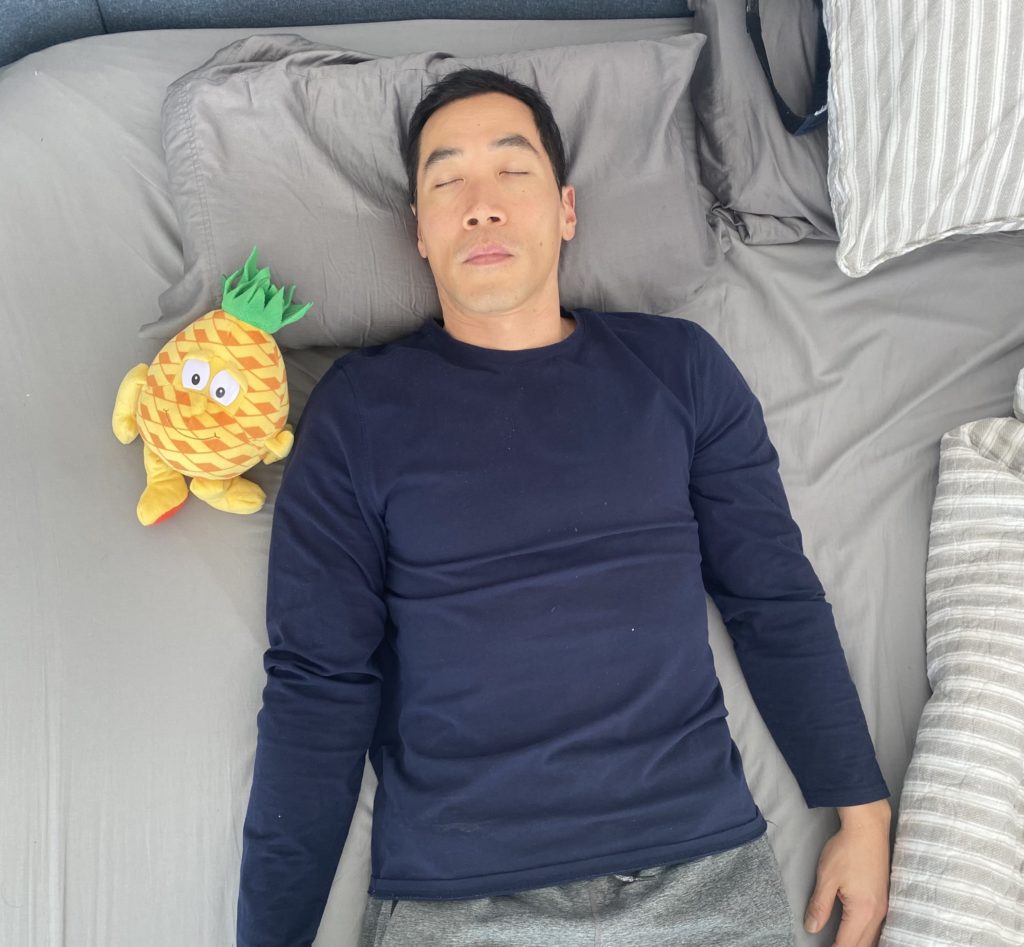
By: David Lee, Life / Health / Executive Coach
I have never really been a great sleeper. Partly because of my bad habits and lifestyle I used to do ie. late night tv (especially without blue light glasses), eating junk food and drinking alcohol late at night, being in a chronic state of mental stress and much more… I would many times be in a constant fog during the day, not feel my best, especially in my thirties and early forties. I still managed to plow through though as I had many things on my plate at work, family obligations, and still committed to working out and staying fit. Sleep was always one of the last priorities until fairly recently.
If you can’t sleep well you literally die! Very slowly of course, but it will degrade everything and cause you to age way faster than anything else. Poor sleep can lead to several negative health issues including weakened immunity, accelerated aging, degradation, inflammation, hormonal imbalances, decreased recovery time, decreased cognitive function, inability to heal, and the one that I know most of you will be concerned about is that it can make you fat!
You may think sleep is as simple as just do it, and get enough of it, but it can be much more complicated and challenging than you think. I have struggled with sleep most of my life and have tried just about everything to get better sleep. There is an obscene amount of information on this topic and I will be sharing with you the top 13 things that I do and that have been working for me.
Sleep is so important that I will dedicating several posts on this topic (6 in total!). This first post will focus on the top 3 things all revolved around how what you eat and drink impacts your sleep.
1. No Caffeine past 12 pm

Caffeine can be great. I enjoy a great cup of coffee just as much as the next guy. However, there is nothing that can disrupt your sleep more than caffeine. The half life of caffeine in your system is about 5-6 hours for most people, meaning half of the effects of caffeine wear off after this time. For most people it takes about 10 hours for it to fully leave your system. I will discuss in the next post the ideal time to sleep, but if it’s around 10 pm, you do not want your caffeine consumption to sabotage this.
For the amount of caffeine you should have, I would highly recommend that you have no more than 2 cups of caffeinated drinks each day, and as stated never after 12 pm. Just to define what a cup means, it’s about 12 ounces, which would be a tall size at starbucks.

If you are really struggling with sleep I would recommend no caffeine at all, at least until you can get back on track. I have done several genetic tests over the years (a topic I will discuss in more detail in another post) and for me, genetically caffeine doesn’t digest well with me at all. So because of this have I completely eliminated all caffeine? Not quite as I’m not super militant about anything. However I do limit my caffeine consumption to only the week-ends. During the work week I drink decaf only. This still allows me to enjoy a hot flavorful beverage each morning without the negative side effects of the caffeine each day. My decaf coffee of choice is organic ethical bean dark roast. It obviously doesn’t have as much flavor or kick as regular coffee, but I gotta say not bad at all!
This has been a game changer for me and is one of the many things I have changed to drastically improve my sleep quality and quantity.
2. No eating 3 hours before bed

I used to be one of those guys who always ate late. I used to often work really late at night and have dinner after 8 pm. When going out on the week-end it would be unheard of that I would book a reservation before 8 pm, and on top of that, used to make fun of those who ate at “senior’s hour” ie before 6. Well now, I’ve become one of those people I used to make fun of! It doesn’t help that I have a young child and have to eat earlier because of her. Even though, when I have the odd night off where I don’t have to take care of her, I still now prefer to eat early if possible. I now typically eat my last meal around 5-6 pm.
Eating late at night is simply not a good idea for many reasons, including it causing you indigestion, more likely to make you fat, more likely to have poor judgement and bad cravings later at night, etc… I am also a huge believer in intermittent fasting as the benefits on this are tremendous (to be discussed in more detail in another post). Eating earlier allows me to intermittent fast longer and more efficiently.
However, most of us don’t know that eating late can also disrupt your sleep. Your body needs time to digest, especially at night as your metabolism starts to naturally slow down. Your digestive muscles should ideally be relaxed before you go to bed, not working hard to digest your late night meal or snack. Late night eating has also been shown to decrease the quality of your sleep especially your most restorative stages of sleep including deep and REM sleep, and has also been shown to contribute to bad dreams or nightmares. Let your body properly rest at night and give your digestion plenty of time to settle down before you call it a night.
3. Eliminate or Decrease your Alcohol consumption

Do I drink? Yes! In fact I love all forms of alcohol including beer, red wine, scotch, etc… However, I have drastically reduced the amount I drink and now typically have at the most 1 drink per week. Sometimes I would go several weeks before I have a drink which is drastically different from what I used to do where a night cap was almost a necessity especially when I was living in a very stressed state.
I will say this over again that I am not militant in anything, however I have drastically reduced how much I drink because of how it affects my health and energy in many aspects of my life. We all know that alcohol is not great for us for so many reasons, but many of us are unaware of how disruptive it can be to your sleep.
Many people think that alcohol knocks you out and actually makes you sleep better. Yes, it’s true that it can get you to sleep faster, however it completely disrupts your quality of sleep. I track my sleep daily (which I will discuss in more detail in another post), and it affects my sleep so much, that I can scroll back and tell you exactly the nights that I drank as my sleep scores are horrifically worse on those nights.
If you do decide to have a drink, do the same as food, at least 3 hours before bed. Drink lots of water after to help you flush it out, and try to drink as you eat to better help absorb the alcohol with your meal.
Stay tuned!!!
Much, much more on sleep to come as I still have to go through points 4-13 over the next several months. Make sleep your top priority. It’s simple, if you want a great healthy life, this cannot happen without great quality sleep. Stay tuned!!!
If you have any questions on anything I have discussed above, feel free to leave a comment or email me directly.
Sign up for our newsletter, and follow me on Instagram to make sure you are up to date with our latest posts.
